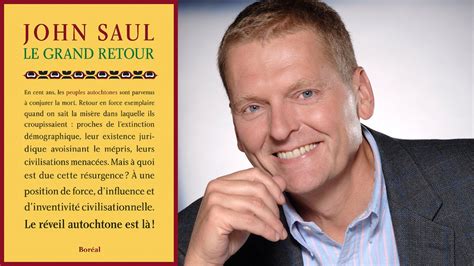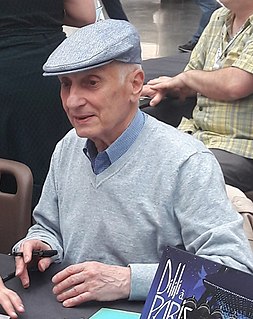A Quote by Coventry Patmore
Related Quotes
I believe in evidence. I believe in observation, measurement, and reasoning, confirmed by independent observers. I'll believe anything, no matter how wild and ridiculous, if there is evidence for it. The wilder and more ridiculous something is, however, the firmer and more solid the evidence will have to be.
Archaeological evidence provides significant help in interpreting the Gospels. In a sense, archaeology is an exegetical tool. To ignore the evidence of archaeology would be almost as irresponsible as making no appeal to the original text. The archaeological evidence is a vital component in the context of Scripture.
Evidence-based reasoning underpins all scientific thinking, and it involves testing hypotheses or theories against data. Validating a theory requires replicable measurements from independent groups with different equipment and methods of analysis. Convergence of evidence is critical to the acceptance of a scientific idea.
First comes Self-confidence, that is the foundation. Then comes Self-satisfaction, it is like the wall. Next comes self-sacrifice, it is like the roof. Finally the house is complete and the Indweller is installed inside; that is Self-realization. It starts with Self-confidence and it ends with realizing the Self.
On the evidence we have, the meritocratic ideal ends up being just as undemocratic as the old emphasis on inheritance and tradition, and it forges an elite that has an aristocracy's vices (privilege, insularity, arrogance) without the sense of duty, self-restraint and noblesse oblige that WASPs at their best displayed.
When two men of science disagree, they do not invoke the secular arm; they wait for further evidence to decide the issue, because, as men of science, they know that neither is infallible. But when two theologians differ, since there is no criteria to which either can appeal, there is nothing for it but mutual hatred and an open or covert appeal to force.
The deep paradox uncovered by AI research: the only way to deal efficiently with very complex problems is to move away from pure logic.... Most of the time, reaching the right decision requires little reasoning.... Expert systems are, thus, not about reasoning: they are about knowing.... Reasoning takes time, so we try to do it as seldom as possible. Instead we store the results of our reasoning for later reference.
I would call the attention of the reader to the difference between "reason" and "reasoning." Reason is a light, reasoning a process. Reason is a faculty, reasoning an exercise of that faculty. Reasoning proceeds from one truth to another by means of argumentation. This generally involves the whole mind in labor and complexity. But reason does not exist merely in order to engage in reasoning. The process is a means to an end. The true fulfillment of reason as a faculty is found when it can embrace the truth simply and without labor in the light of single intuition.
There are many ways to cover up our sin. We may justify or minimize it by blaming circumstances and others people. However, real repentance first admits sin as sin and takes full responsibility. True confession and repentance begins when blame shifting ends...Just as real repentance begins only where blame shifting ends, so it also begins where self-pity ends, and we start to turn from our sin out of love for God rather than mere self-interest.







































